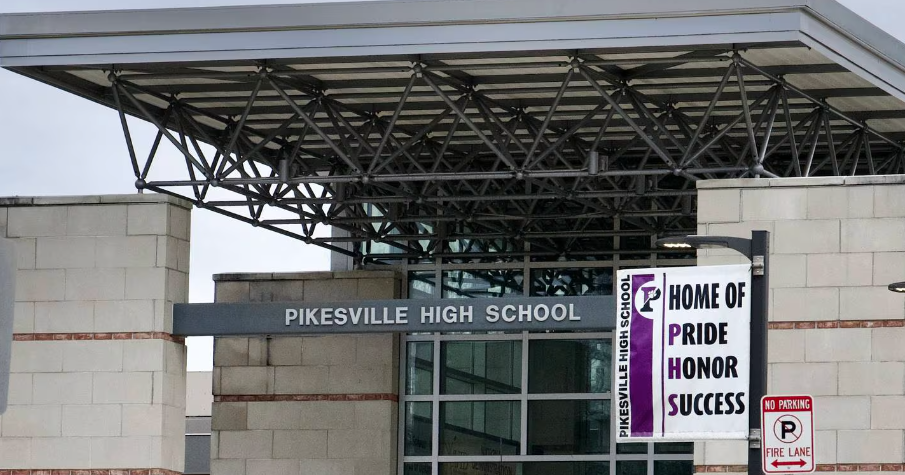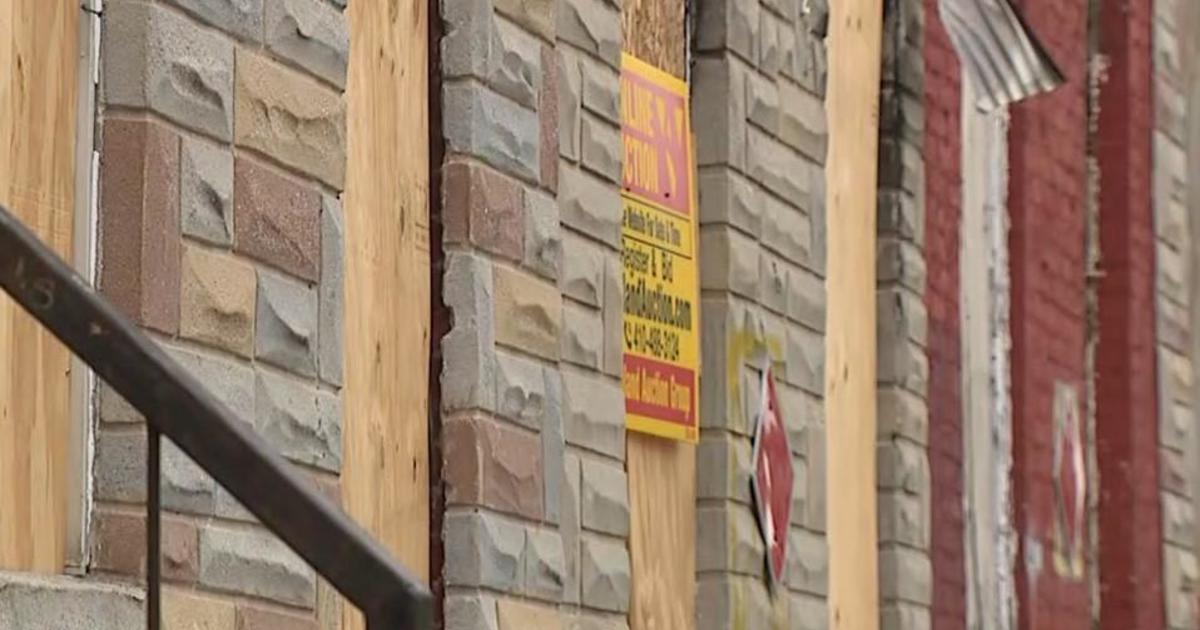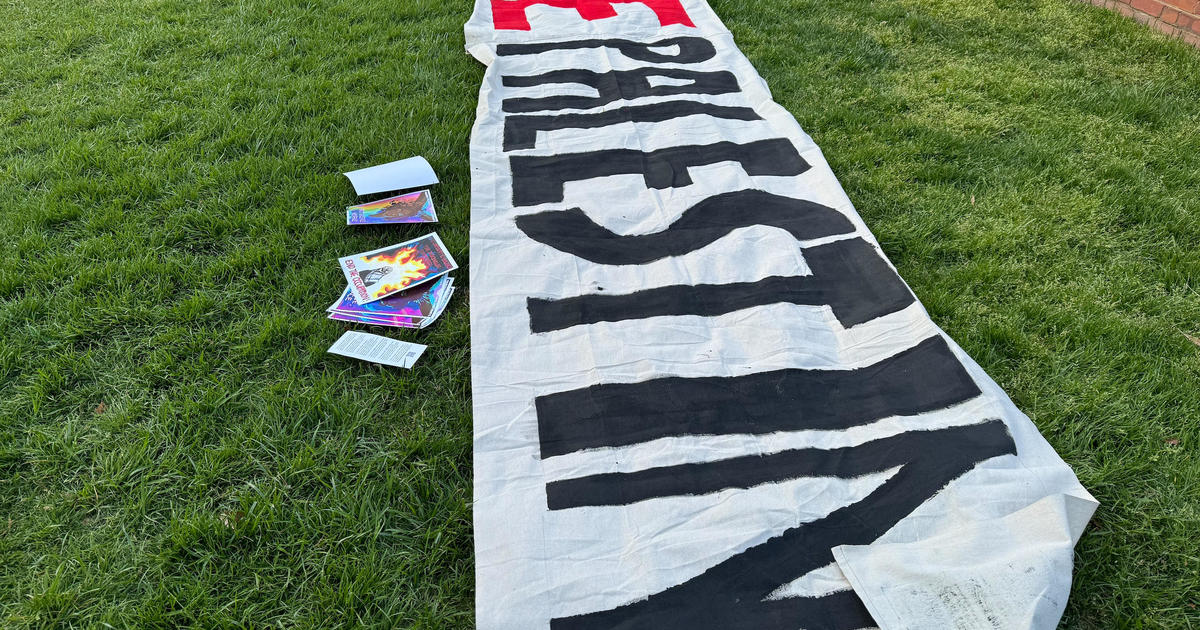Landmark Settlement Reached In Preakness Arrest Case; New Police Policy Spells Out Recording Rights
BALTIMORE (WJZ) -- A Baltimore City lawsuit settlement sparks major police policy and training reforms that affect everyone with a cell phone camera.
Derek Valcourt has details on the change and what it means to you.
The police department is putting it into writing so their officers fully understand. You can record them and they can't do anything about it. First Amendment advocates call it a major victory.
When police made an arrest at Pimlico four years ago, Christopher Sharp was one of several recording. Officers didn't like it.
"Do me a favor and turn that off. It's illegal to record anybody's voice or anything else," an officer told Sharp.
But that's not true.
Sharp says the officers took his phone and deleted videos, including family videos.
"I still am disturbed about what happened," Sharp said.
Now, four years and an ACLU-backed lawsuit later, city police agreed to a sweeping settlement: money to Sharp and his attorneys, a formal written apology from the police commissioner and, most importantly, a new department policy spelling out expectations of city officers being recorded.
"I think it's pretty clear people have the right to film what we do. You guys are doing it right now so it should be a norm for this organization," Police Commissioner Anthony Batts said.
As part of the new policy, all officers going through training will be taught that they can never tell you to stop recording as long as you're somewhere where you have a right to be and no officer can confiscate your phone just because you have video that they don't want you to see.
"This policy and training program that's going to be put into place are a model for the nation," said ACLU Legal Director Deborah Jeon.
ACLU attorneys show the need by pointing to February video of a Baltimore County officer attempting to stop a student recording another arrest. The Baltimore County police department quickly disapproved of that officer's behavior.
Sharp believes that might not have happened a few years ago.
"I was actually proud of that moment," Sharp said.
The city has agreed to pay Sharp $25,000 for his trouble, but they will also pay his legal bills--to the tune of $220,000. Those payments were approved by the city Board of Estimates Wednesday morning.
Other Local News:



